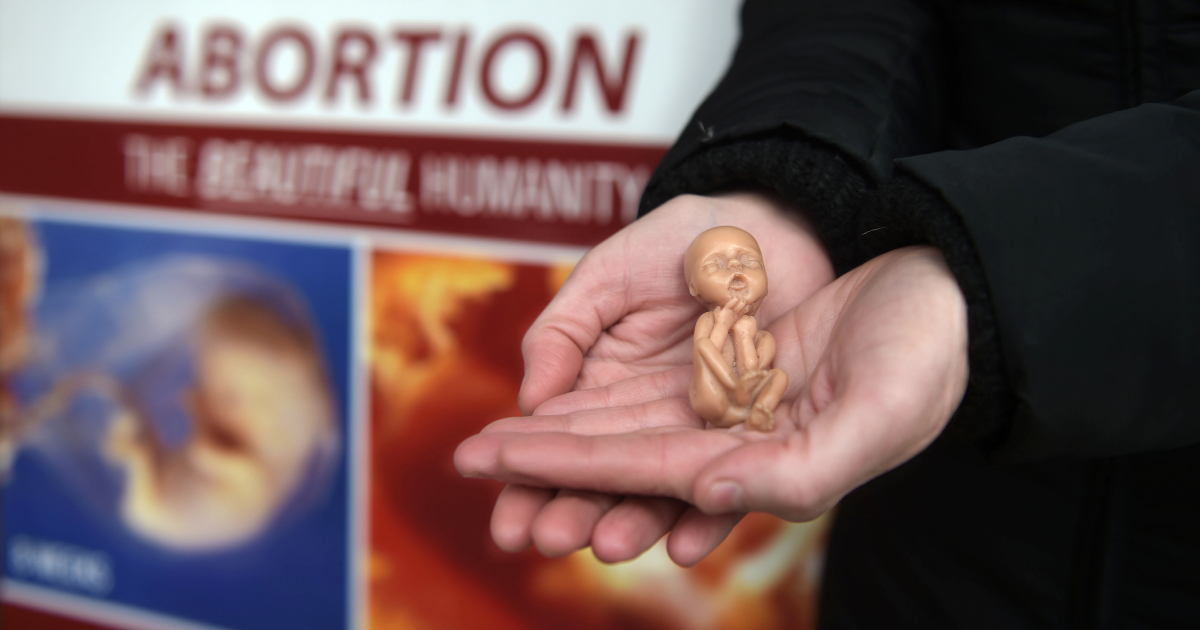For those familiar with the works of St John Henry Newman, his impending recognition as a Doctor of the Church will come as no surprise. One area where he has had a lasting influence is his philosophy of education. Of particular value is his treatise The Idea of a University. It is not the easiest read, but it contains an excellent synthesis of education.
Newman founded two educational institutions: in 1854, the Catholic University of Ireland, which was subsumed by the National University of Ireland in 1909, and, in 1859, the Oratory School in Birmingham, now located in South Oxfordshire.
First, two personal anecdotes from Newman’s own life. In 1816 he was 15, and his father, who was a bank manager, suffered the misfortune of his bank going bankrupt. It caused great upheaval for the Newman family, so over the summer months John Henry was to keep out of the way and remain at his school in Ealing. During this time he became seriously ill, but one of his masters, Walter Mayers, looked after him and became an important father figure. Mayers gave Newman religious books to read, and it was this, coupled with their conversations, that led to Newman’s conversion to meaningful Christianity — not a childish, slavish following of adults, but a faith which he owned and loved. This conversion was to evangelical Christianity, which would succour him until his studies gradually led him to the Church.
It is a reminder that individual contact between teacher and pupil is often critical in bringing young people to faith. This individual aspect was to have an influence in the Oratorian charism Newman chose after his ordination, where the Oratorian “line-fishing” form of engagement appealed more than the “net-fishing” of the Jesuits and others.
When Newman went to university, Mayers continued to play an important role as mentor. He encouraged Newman to be careful in his choice of friends. Unlike poor Cousin Jasper in Brideshead Revisited, Mayers’ words seem to have been heeded. Mayers told him to have a few true friends rather than many casual acquaintances and to avoid those living dissolute lives. He also encouraged him to be ordained in the Church of England sooner rather than later.
As an undergraduate, Newman attended Trinity College, Oxford, where his tutors recognised him as a brilliant student — which he was. He went up at 16, younger than his peers, but was a perceptive and erudite student. He worked so hard for his final exams that he burnt himself out — what we might call a breakdown of sorts — and failed his exams. Thankfully, the system meant that his tutors knew him personally, and he was offered a fellowship at Oriel College to teach other students.
Both these anecdotes show the importance of teachers who know their students and who invest time and energy to know and develop young minds. The importance of prayer to encourage vocations to the teaching profession is important in Catholic life and education more widely. Without the encouragement of those who taught Newman, we may not be celebrating his admission to the ranks of the Doctors of the Church.
It was many years later that Newman founded his university and his school. In his Idea of a University, Newman observes that people were increasingly going to university and studying their subject in complete isolation from the rest of the academy. The concept of a university is to pursue universal truth. If every subject is aiming to uncover the truth, then they must be connected, and you can only come to uncover the truth if you understand the whole. He therefore advocated a liberal arts education. Many different subjects should be studied, and the connections between the subjects understood so that truth could be uncovered. Newman believed that theology should be at the centre, and everything else — history, science, art, geography, mathematics, literature, philosophy and so on — should be connected like a spider’s web.
Newman also advocated an educated laity:
“I want a laity... who know their Creed so well, that they can give an account of it, who know so much of history that they can defend it. I want an intelligent, well-instructed laity. ... I wish you to enlarge and cultivate your reason, to get an insight into the relation of truth to truth, to learn to view things as they are, to understand how faith and reason stand to each other, what are the bases and principles of Catholicism.”
(Lecture: Present Position of Catholics in England, 1851)
Many clerics at the time thought this was a dangerous innovation. The laity might come up with harmful ideas, and it would be difficult for the clergy to defend historic truths. This was, and is, a danger, but Newman realised at least two other important facts.
First, education was eventually going to be universal anyway. Better for Catholics to be educated by other Catholics than by those more likely to be hostile to the Church.
Second, Newman knew his history. Remember his famous maxim from the introduction to The Development of Christian Doctrine:
“To be deep in history is to cease to be Protestant.”
Newman knew that the key to converting Protestants was to study history well and properly so that truth is uncovered. He understood that back in the fourth century, at the Council of Nicaea, amid the threat of Arianism, when many of the bishops and theologians were swayed by Arius’s non-divine version of Jesus, it was the laity who had maintained the orthodox faith in the face of heresy. (See Newman’s article On Consulting the Faithful in Matters of Doctrine, 1859.) He quotes St Hilary:
“The ears of the people are holier than the hearts of the bishops.”
Newman perceived that another storm was brewing: the threat of rationalism and a coherent atheist philosophy in the modern age. The clergy alone would not be able to combat this threat. The laity needed to be prepared to take up their place on the battlefield, and they needed to be educationally equipped to do so.
In our time, we need Newman’s philosophy of education more than ever: an educated laity, a holistic education, and teachers to inspire truth, enthusiasm, sound advice and perseverance in our young people.
Fr David Elliott is a priest of the Ordinariate of Our Lady of Walsingham, and Head of Theology at The Oratory School.





.jpg)











